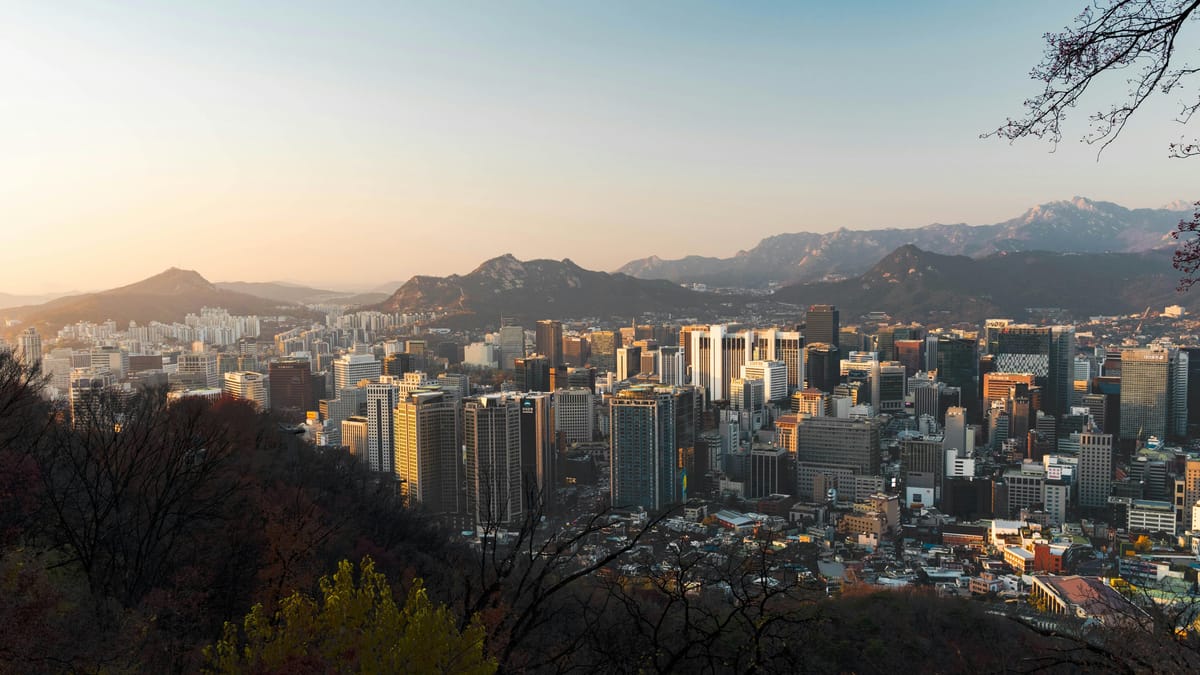Study Abroad in South Korea: Off-Campus Guide

Benefits of On-Campus Housing:
- Overall, more affordable. Dorms often cost around $2,000 for the semester.
- More support. Many universities have dorms dedicated to international students with staff that can speak English and can provide in-country help.
- Shorter commute to class.
- International community. If your dorm is dedicated to international students, then you are living with hundreds of international students that you can befriend.
Benefits of Off-Campus Housing:
- More immersion.
- More freedom. Dorms often have very strict rules and curfews that students must follow or else they risk eviction.
- More privacy. You have the option of renting your own studio/private apartment rather than sharing a room with someone.
- Less moving. If you are arranging housing through the university, you are not guaranteed on-campus housing for any portion of your study abroad. If you are staying for a whole year, you must re-apply every term, even for winter break, and each time you are not guaranteed to continue living in the dorms. And if you are able to secure on-campus housing each time, you might have to move rooms, which might require you to go to your local immigration office to update your address. With off-campus housing, you are often staying in the same spot the entire time, which is beneficial if you're studying abroad for more than a single semester.
Types of Off-Campus Housing:
- Goshiwon (고시원): Similar to on-campus dorms. You have your own small room that may or may not have a private bathroom, and you share kitchen and laundry with the building. Often includes free ramen, rice, kimchi, etc. These are very cost-effective, and used often by students. Although many international students may live in this type of housing, these are more common amongst locals and may or may not be foreigner friendly.
- One-room (원룸): Korean equivalent to a studio apartment. Has private bathroom and small kitchen with a small fridge, sink, one or two stove burners, and washing machine in addition to your living area. May or may not come furnished. Can vary greatly in cost and may or may not require a deposit.
- Officetel (오피스텔): Another private apartment type. A combination of the words "office" and "hotel". On Korean apartment guides they often say that this is a live/work apartment, used for both living in and for your business, I often see the term is more often used for the modern loft style studio apartments that tend to be in more high-rise buildings. May or may not come furnished. Can vary greatly in cost and may or may not require a deposit.
- Sharehouse: Both private rooms and shared rooms in a shared apartment. Used often by students. Can also be a cost-effective option for housing, but may be nicer than a goshiwon. Most often comes furnished. Some are catered to international students, but some are a mix of both international and domestic students.
Off-Campus Housing Resources (Note: Not exhaustive and not all have been vetted, so use at your own risk. I have only used Enkoy Stay.):
- Enkor Stay
- 42Share
- Kongstay
- Yonsei House (Instagram: @yonsei_house)
- Goshipages
- Lokahouse
- Stayes
- Facebook: There are many Facebook groups for housing in South Korea (mainly in Seoul). Landlords/real estate agents will post rooms/apartments that they are leasing, and people will post that they are looking for a room/apartment/roommate. Can be a good resource, but of course there is quite a lot of spam on these groups, so use at your own risk
- Airbnb